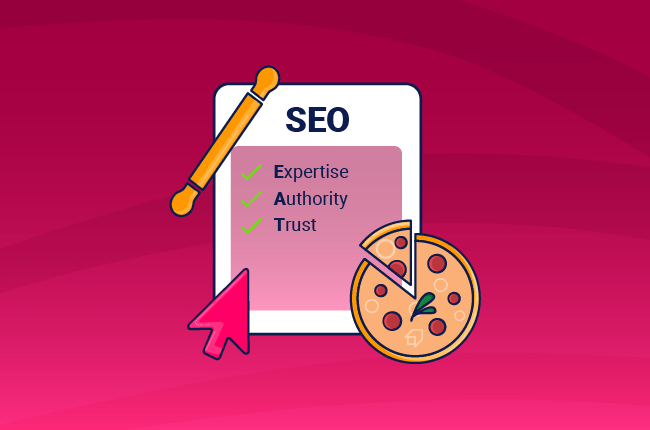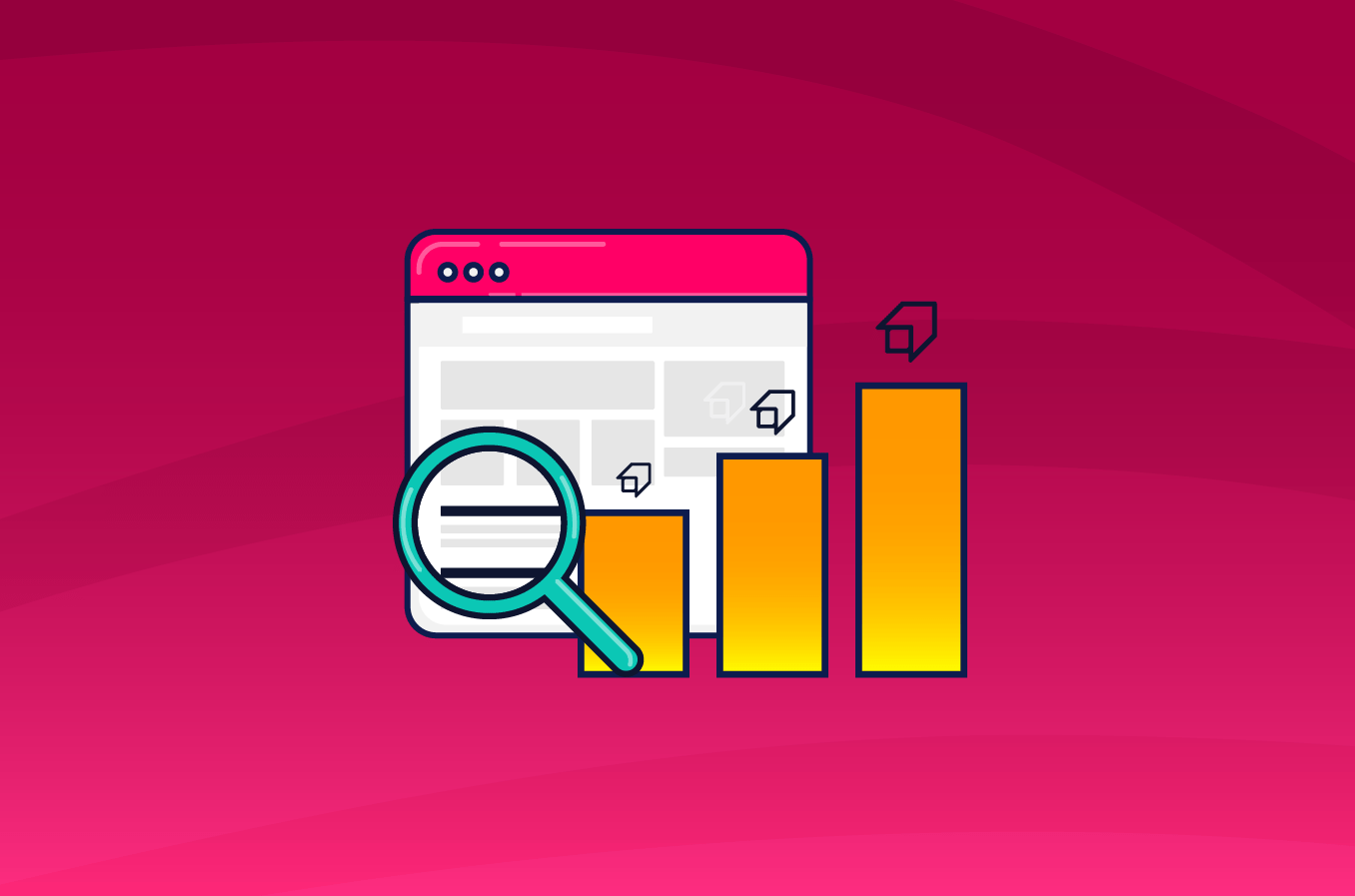What are EAT guidelines?
In August 2018, many websites took a dramatic hit in their ranking. Most of those sites belonged to the YMYL category. The reason? An update of Google’s guidelines for quality raters concerning the EAT score and beneficial purpose.
Wait. What? You’re right. Let’s sort these concepts.
What are Google’s guidelines for quality raters?
We begin with the guidelines because they introduce all the other terms. Their official name is Search Quality Evaluator Guidelines. Google made them circulate in 2015.
The document contains instructions for quality raters. They are a team of people dedicated to perform searches and verify that the highest-ranked websites provide quality content. If what they find is quality, the algorithm works.
The guidelines provide quality raters with the criteria that make excellent content. For this scope, they introduce three key concepts:
- EAT
- YMYL
- Beneficial purpose
What is EAT rating?
EAT stands for Expertise, Authoritativeness and Trustworthiness. These are the three main factors that determine page quality.
EAT guidelines outline the principles content creators must stick to if they want to get a good ranking.
Expertise
It refers to the content creator. It means you are an expert of the topic you are dealing with and you have the credentials to prove it.
Authoritativeness
It refers to the content creator, the content itself, and the website on which the content appears. It means that the readers recognize you as an authority in your industry. As a consequence, your production is considered quality content, published on a quality website.
Trustworthiness
It refers to the content creator, the content itself, and the website on which the content appears, too. It means that people trust your content to be accurate and with solid bases.
What does YMYL mean?
YMYL stands for Your Money, Your Life. It refers to content (and websites) that deal with sensible topics for both Google and its users.
Things like:
- Medical information;
- Financial, legal and fiscal advice;
- News;
- Science.
With Google’s EAT algorithm update in June 2018 (nicknamed the medic update because it affected websites with medical content), the YMYM websites experienced dramatic changes in their ratings.
What happened? Google started to apply to them stricter quality criteria, based on the EAT guidelines.
What is Google’s Beneficial purpose?
The key concept behind this update is Beneficial Purpose. It means that Google intends to protect its users from low-quality information that could have a negative impact to their life. To do that, it judges content not only by quality but also by correctness.
How to improve your EAT score
How to increase your expertise to improve your EAT Score
The first thing you should work on is your reputation as an author. Here are a few things you can do.
Find out what people want
To be recognized as an expert, you must know your stuff, sure. But you must also know what people want to know. Make a keyword search. Then, you must know how to make your content engaging.
Update your content
Another thing you can do is to update your content. Older content can undermine your image as an expert. It can be outdated, or you were not that good when you wrote it. Refresh it with new information, or consider deleting it (but remember to work on redirects!)
Focus on quality
To improve your EAT score from the Expertise point of view keep on producing quality content. And we are sure you were already doing that. If you weren’t, your problem isn’t EAT score. It’s SEO.
If you want readers to recognize you as an expert, you should act like one. Work on your about page, fill it with information like awards you got, the experience you have, your titles, press that writes about you.
Also, create an author snippet on WordPress and use the structured data so that Google can extract information about you to show to the users right on the SERP.
Building your authority is not a thing you can do alone. You need people to recognize you. You can work on offsite SEO to increase your authoritativeness.
Get good inbound links
Make people talk about you, and your work, getting inbound links from other sites. Of course, they must have proper domain authority.
Get mentions
A more effective way to increase your authoritativeness is to get mentions. In this way, Google can recognize you as an expert in your industry.
Build up the buzz around you by producing content that is shareable on social media. In this way, you’ll get a lot of inbound links and many mentions.
Guest posts
Try to end up on valuable blogs as a guest author. It helps building your image as a leader in your industry with inspiring things to say.
How to increase your trustworthiness to improve your EAT Score
Forget inspirational quotes. You should pay attention to what people have to say about you if you want them to trust you.
Deal with negative reviews
Reviews could be your best ally in building your trustworthiness. But also your worst enemy. Deal with negative reviews as soon as they come. Both on your website and review platforms such as Tripadvisor.
Other tips
Also, there are a few other things you can do:
- Be easy to get in touch with;
- Add a physical location of your business;
- Update your privacy and Terms & Conditions pages;
- Buy an HTTPS certificate.






